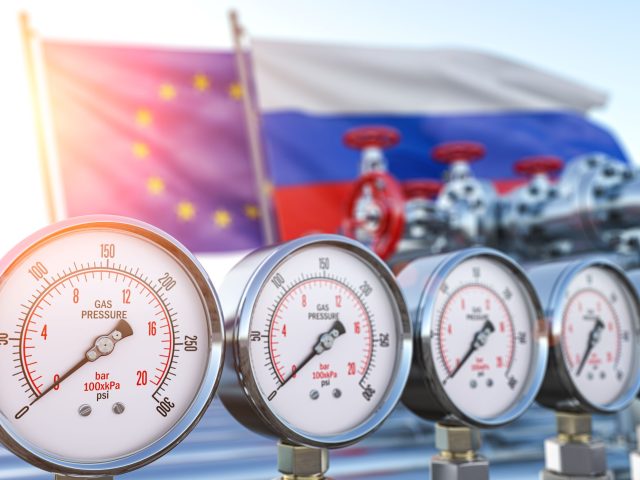
The European Union is opening up the possibility of relaxing the conditions for activating the gas cap as a “market correction” mechanism. This was announced by the European Commissioner for Industry, Research, and Energy of the European Parliament, Kadri Simson, who stipulated the objective of this temporary rule in limiting the maximum price of gas. The EU agreed that, for this measure to be activated, the price must exceed 275 euros per megawatt hour for 14 consecutive days. However, Simson acknowledged that “this 14-day period could be extremely long when these levels are reached”. Similarly, the example occurred earlier this year, when, in August 2022, the gas price reached 319 euros per megawatt hour, but did not last more than 14 days. As a result, no action was taken.
The Energy Commissioner reported that “a majority of member states support the logic of the mechanism, but have questions about the levels for activating it, the duration of the instrument, the range of financial products it covers” and others have “exceptional concerns about risks to financial stability and security of supply”. This, between the lines, means that approval is not yet clear. However, Kadri Simson blamed the “polarisation” of member states for this situation.
The EU wants these measures to be operational before next season, at the end of winter. But the member states and the population cannot wait as long as the EU wants. Winter is just around the corner and there is no point in taking winter measures in the spring. That is why the EU-27 has taken action at the national level in response to the EU’s delay in regulating the gas cap. Two examples are Germany and Poland.
National and bilateral alternatives to European inefficiency
Berlin has passed a bill to cap gas, electricity, and district heating prices until 2024. The German government said the conflict in Ukraine “has pushed up electricity and district heating prices. Depending on the type of contract and duration, high energy prices are reflected in the bills of households and businesses more or less clearly and quickly. This measure is part of Germany’s 200 billion euro economic defense plan. The bill foresees that households, small and medium-sized enterprises consuming less than 1.5 million kilowatt hours per year, and entities involved in care, research, and education will be capped at 12 cents per gross kilowatt hour.
In the same vein, Poland has decided to freeze the price of gas during 2023 for low-income households, which do not exceed 400 euros per month). It is stipulated that it will reach 300,000 households in the country, for which 6.39 billion euros have been earmarked, as announced by the Polish Minister of Energy and Environment, Anna Moskwa. The measure not only reaches households but also schools, hospitals, kindergartens, and social institutions that will see their gas consumption subsidised.
On the other hand, countries such as Croatia and Azerbaijan are already planning energy cooperation with European countries to alleviate the consequences of the war in Ukraine. Croatia has signed an agreement with Austria and Germany to double the capacities of the Omisalj liquefied natural gas terminal in Krk. The signatories announced that the idea is to build a gas pipeline through Slovenia, with a budget of 600 million euros, which will also be used to transport hydrogen in the future.
Similarly, Azerbaijan is negotiating gas supplies with more than ten EU countries that have requested to increase or start supplying Azeri gas. One of them has been Serbia, whose president, Aleksandar Vucic, said his government is trying to “establish interconnection between Serbia and Bulgaria” in order to be able to “buy large quantities of gas from Azerbaijan”. From Baku, President Ilham Aliyev responded that he “fully supports European initiatives aimed at the construction of interconnection pipelines”, but “for this to happen, it is necessary to increase the transit capacity of the TAP pipeline”. Aliyev calls for an EU presence as long as the EU fails to take effective joint measures to alleviate inflation. “We cannot do this unilaterally, as our share is only 20%,” he added.



 Subscribe
Subscribe